The Department of Biomedical Engineering was established in 2024 with a student intake capacity of 60. Its mission is to enhance human health through education and research that seamlessly integrates medicine with bioengineering. Our students are poised to lead a new era in healthcare, where engineering expertise is crucial for advancing diagnostics, monitoring, and therapeutic solutions. Biomedical engineers play a key role by designing, installing, inspecting, maintaining, repairing, and calibrating medical equipment, with career opportunities across healthcare, hospitals, defense sectors, and more.
It encompasses a range of applications, including:
Medical Devices: Designing and developing equipment like imaging systems, prosthetics, and diagnostic tools.
Tissue Engineering: Creating artificial organs and tissues to replace or repair damaged ones.
Biomaterials: Developing materials that interact with biological systems for medical purposes.
Biomechanics: Studying the mechanics of biological systems to improve movement and function.
Bioinformatics: Applying computational techniques to analyze biological data, which can assist in drug development and personalized medicine.

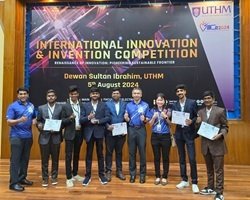

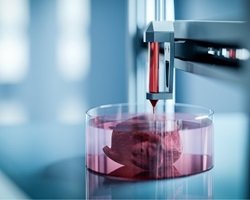









PEO 1: Core Competency: Apply their foundational knowledge of biomedical engineering, life sciences, and problem-solving skills to develop innovative solutions that improve healthcare.
PEO 2: Professionalism: Demonstrate ethical responsibility, effective communication, and leadership in multidisciplinary teams while adhering to professional standards in biomedical engineering.
PEO 3: Higher studies and Entrepreneurship: Pursue continuous learning through higher studies and exhibit an entrepreneurial mindset by transforming biomedical advancements into impactful enterprises.
UG
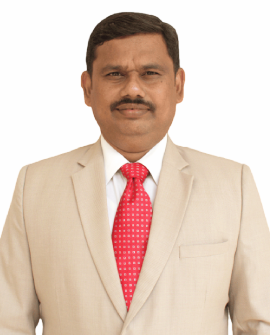
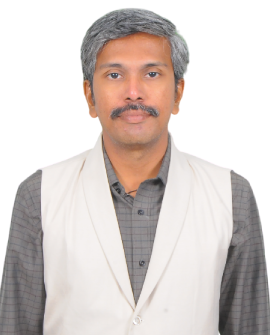
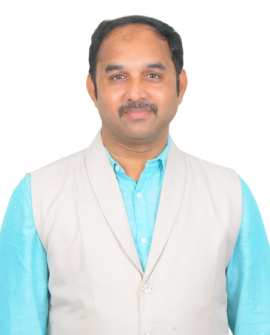
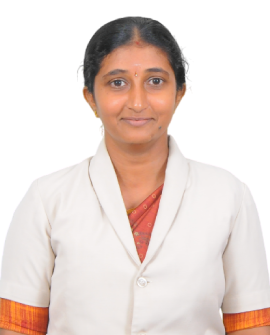
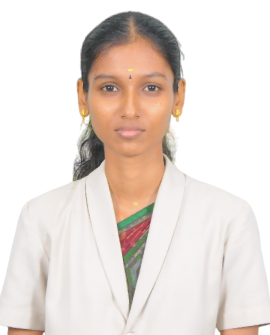
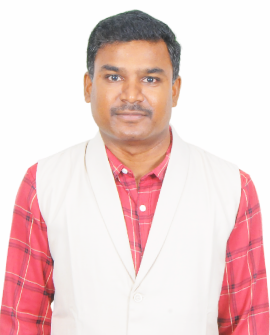
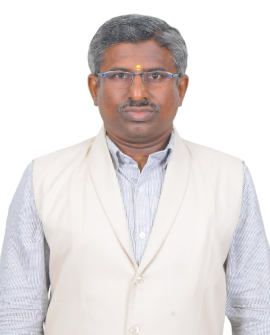
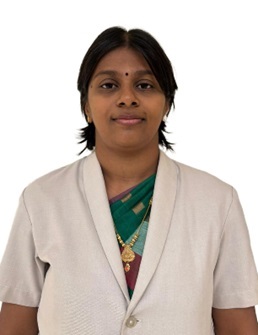
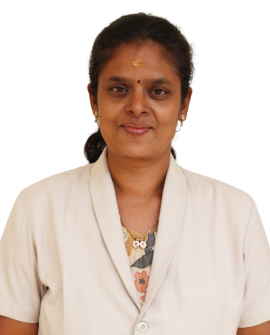
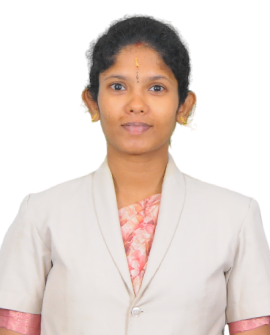
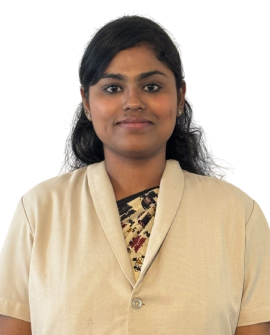
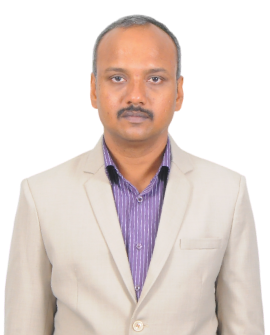
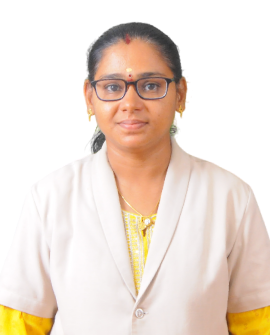



Research work is a important part of every department at K.S.R. College of Engineering. Here’s the roundup of the research work – publications, patents, Grants and programs organized by the department.
Each department has connections with relevant industry professionals, tie-ups through MOUs with companies in order to facilitate Internships, Industry visits, Projects, Knowledge Sharing Expert Sessions by industry experts. This greatly helps us to bring in the industry-perspective into the courses being taught and a hands-on learning for the students.
Phone : 9486410610
Email : hodbme@ksrce.ac.in
Phone : 9976115039
Email : madhans@ksrce.ac.in